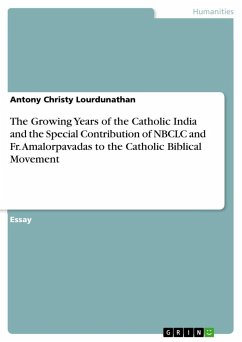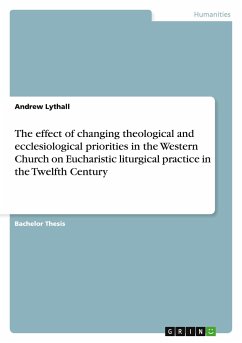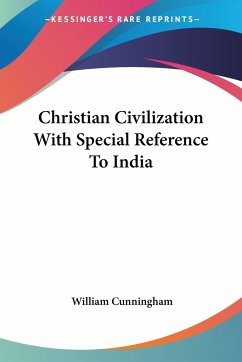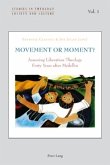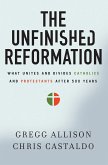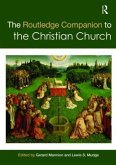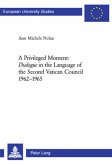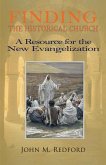Essay from the year 2013 in the subject Theology - Biblical Theology, , course: Biblical Catechesis, language: English, abstract: Christianity is not merely a set of religious principles; it is a covenant in the same lines of the covenant of the People of Israel for whom the Decalogue, the principles of their life, was a Testament. In a similar fashion, for a Christian, the Holy Bible is the Testament of one's covenant with Christ and the Abba whom He revealed, in the Holy Spirit. Rightly are its two parts called, the Old and the New 'Testaments'. Bible is the foundation of the faith experience of an individual who professes to be a Christian and it is in itself the faith expression of generations of people whose faith the individual makes one's own. However, the place of this testament today, within the faith expression of an individual or the community has undergone a long process of evolution in history. Within the Christian community of the original times, it was merely used by the elders or the priests during worship. Later it was used by those persons who sought to teach and guide the communities and individuals to instruct them from the examples and the teachings of the people who were originally instruments of the faith experience recorded in the Scriptures. Further later, it was considered a privilege to hold the Scriptures and read or proclaim from it. There was a moment in history in which the community of faith felt the need to assert that the Scriptures originated from the community (which was trying to record the foundational experiences), for the community (so that the community of faithful could find their ground in those experiences) and that the Scriptures should go back to the hands of the community and not remain merely in the hands of a select few. This feeling and conviction gave rise to a movement in history towards making the Bible the most important factor within the ambit of making sense of one's faith and its expressions in lifeand worship.

